|
LNG
Please use our
A-Z
INDEX to navigate this
site where pages may link to other sites
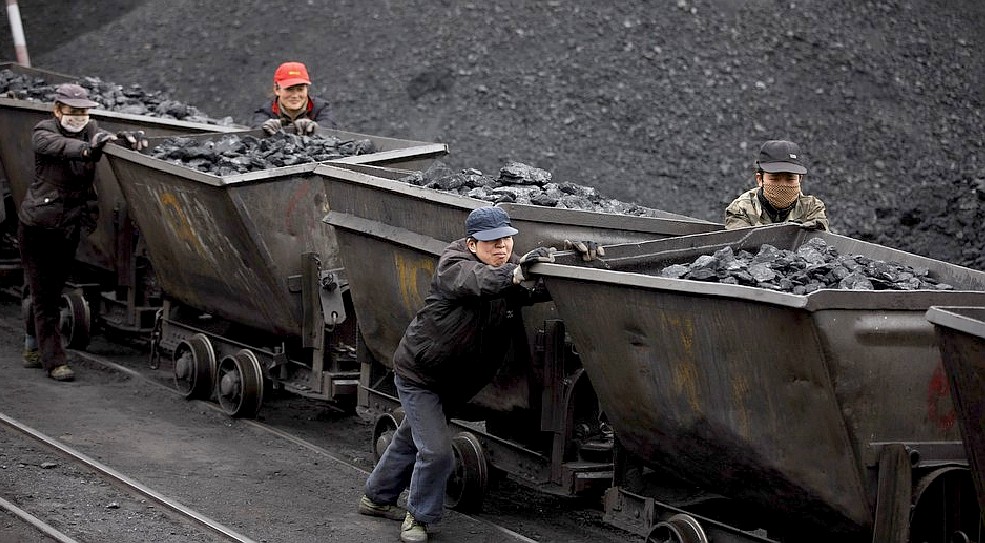
IT
KILLS US GETTING IT OUT -
Mining is traditionally a dangerous occupation. If a mine
collapse does not get you, the carcinogenic dust will do you
no good. Coal and oil should not be allowed for use as fuels
for electricity
generation. If LNG produces methane as suggested in reports
herein, that too should be revisited as a fuel for shipping in
particular.
We
are now seeing cleaner ships being built that operate on
Liquid Natural Gas (LNG), a fossil fuel that is much cleaner burning
than heavy grade Bunker
Fuel but is
of course still a carbon
dioxide, monoxide,
and nitrogen
oxide polluter, hence, is still a global
warming risk adding to climate
change.
But
is LNG for shipping such a good option? Maybe not, according
to several articles and reports.
HELLENIC SHIPPING NEWS DECEMBER 2020 - MAKING SHIPPING CLEANER - IS LNG THE ANSWER?
As the global maritime sector tries to switch to liquified natural gas (LNG) as an alternative fuel source, there have been questions about how clean it really is and what else can be done to reduce the industry’s pollutive impact on the environment.
Since Jan 1, rules by the International Maritime Organization (IMO) – a
United Nations body that governs shipping – came into force, capping the sulphur content of ships’ fuel at 0.5 per cent, down from 3.5 per cent previously.
This has driven the industry towards LNG, which emits virtually no sulphur.
“LNG has significant environmental advantages over traditional bunker fuels which are heavy fuel oils,” said Dr Victor Nian, a senior research fellow with the National University of Singapore’s Energy Studies Institute.
“LNG typically produces lower emissions of CO2 and virtually no nitrogen oxides (NOx), particulate matter (PM) or sulphur oxides (SOx),” he explained.
The natural gas has also become a more cost-competitive choice compared to conventional marine fuels, noted maritime expert Yap Wei Yim from the Singapore University of Social Sciences.
Dr Nian added that since LNG is a cleaner fuel, it could lead to the need for less maintenance as well as possibly longer lifespans for engines and other equipment in the long term.
He noted, however, that it would cost several million dollars per ship to adapt existing vessels to use LNG instead of
heavy fuel
oil, so retrofitting ships remains a barrier.
NOT MANY SHIPS CURRENTLY RUN ON LNG.
Singapore, the world’s largest marine refuelling hub selling about 50 million tonnes of bunker fuel per year, has been developing the infrastructure to support the use of LNG.
The Maritime and Port Authority of Singapore (MPA) licensed two LNG bunker suppliers – Pavilion Gas, which is a subsidiary of Pavilion Energy, and FueLNG, a joint venture between
Shell and Keppel Offshore and Marine – and is expected to issue more of such licences in future.
“This has to be seen in the context of Singapore’s role as a major hub port in the world. While Singapore is well known as the world’s busiest container transhipment port as well as major port in terms of cargo tonnage, a significant proportion of port calls made at Singapore involves bunkering operations,” said Dr Yap, previously the head of strategic planning at MPA.
“In fact, more than 70 per cent of vessel arrivals measured by tonnage involved taking bunker in Singapore,” he noted.
Dr Yap also pointed to the “multiplier effects” brought about by the bunkering sector which contributes to other activities in the maritime cluster as well as the wider Singapore economy.
“It is thus important to remain relevant and responsive to the needs of shipping lines and making LNG fuel available in the world’s busiest port-of-call by vessel arrivals becomes crucial,” he said.
JUST HOW CLEAN IS LNG?
Yet questions have been raised about how clean LNG truly is.
The life cycle of greenhouse gas (GHG) emissions would take into account upstream activities such as production, liquefaction and transport, said Dr Nian.
“In a typical well-to-wake approach, there are studies suggesting that LNG’s advantages in terms of air pollution are not as great when compared with other fuels with regard to overall GHG emissions,” he said.
He noted that there might only be a difference of about 12 per cent when comparing life cycle greenhouse gas emissions between LNG and other marine fuels.
Dr Nian attributes this to methane slip – or the emission of unburned methane gas – when adapting engines from heavy fuel oils to LNG, although he suggests that engines designed specifically for the natural gas could improve this.
According to the IMO’s fourth greenhouse gas study released in August, there was a 150 per cent increase in methane emissions between 2012 and 2018, attributed to leaky engines on an increasing number of LNG-driven vessels.
Methane is 30 times more potent than carbon dioxide as a greenhouse
gas.
The IMO does not currently regulate methane emissions, although bodies such as the International Council on Clean Transportation (ICCT) have called on it to do so.
There are uncertainties over what the “best” long-term option is in terms ensuring cleaner marine fuel, said Dr Nian.
He added that a viable short-term solution is the use of scrubbers – or exhaust gas cleaning systems which remove particulate matter as well as sulphur oxides and nitrogen oxides.
The cost of installation, however, could go up to US$4 million per vessel. Maintenance costs are also a challenge, in addition to the problem of waste disposal, he said.
Certain types of scrubbers release pollutants back into the sea after turning the sulphur dioxide into sulphuric acid, raising the ire of groups such as the ICCT.
The MPA has banned the use of such “open-loop” scrubbers within Singapore waters, and deemed their residues as toxic industrial waste.
ALTERNATIVES
Still, LNG looks to be the most competitive option right now in terms of price and environmental impact, said Dr Nian, although he noted that few ships today are able to run on LNG.
If major liners were to convert their ships or buy new ones that run on LNG, this could drive up its price, he said.
It also raises the question of whether there is enough natural gas to power the world’s shipping fleets, as well as the life cycle environmental impact of a wide-scale use of LNG.
There are other clean fuels in the works for shipping, including electrification, said Dr Nian, pointing to a seven-company Japanese consortium which earlier this year announced plans to develop
zero-emissions electric tanker, as well as other alternatives such as biofuels.
Dr Yap pointed to other efforts aimed at making the maritime sector greener, such as the use of green building standards and eco-friendly construction methods in the development of new ports, as well as the use of monitoring systems to track greenhouse gas emissions and the quality of water and air.
Next year, MPA will launch its Maritime Singapore Decarbonisation Blueprint 2050, which will lay out plans on establishing the country as a sustainable maritime centre.
MPA and its partners will also set aside S$40 million under the Maritime GreenFuture Fund to be used for the research, test-bedding and adoption of low-carbon technologies.
Other observers said that LNG can be made even more eco-friendly.
In a blog post, energy research consultancy Wood Mackenzie pointed to “carbon-neutral” LNG, where carbon emissions associated with the upstream production liquefaction and transportation of the gas is offset through the purchase and use of carbon credits, which support reforestation or other renewable projects.
The firm noted that Pavilion Energy had issued a tender in March for 2 million metric tonnes per annum of LNG with specific criteria regarding its carbon footprint, which was won by Qatar Petroleum.
Ultimately, Singapore needs to evaluate whether the shipping industry here – including shipbuilding, maintenance, as well as the policy and regulatory infrastructure – can cope with a shift to LNG, said Dr Nian.
“Likewise, we also need to be aligned with the global industry movement towards LNG or other marine fuel to remain relevant as a major shipping hub,” he added.
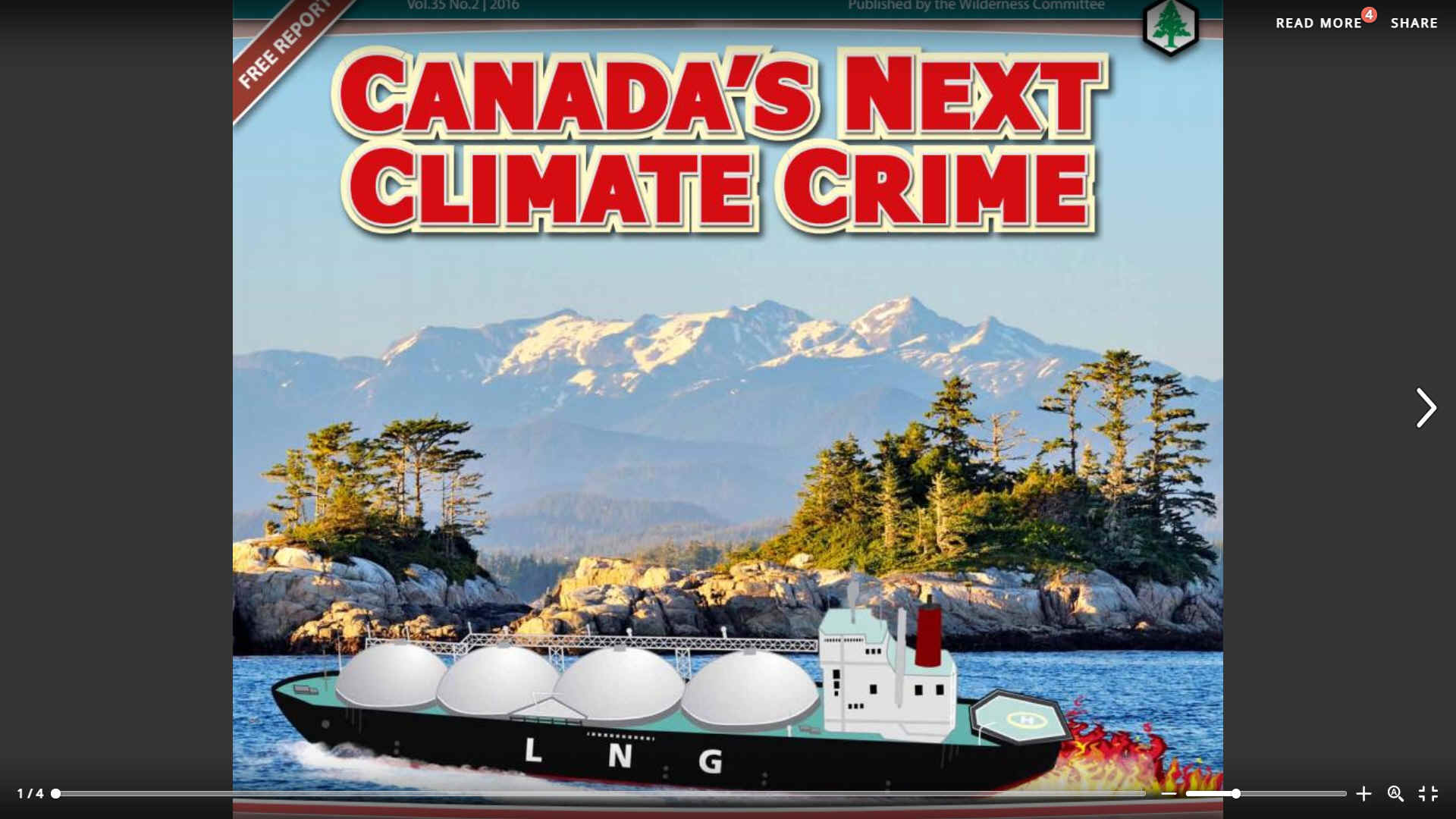
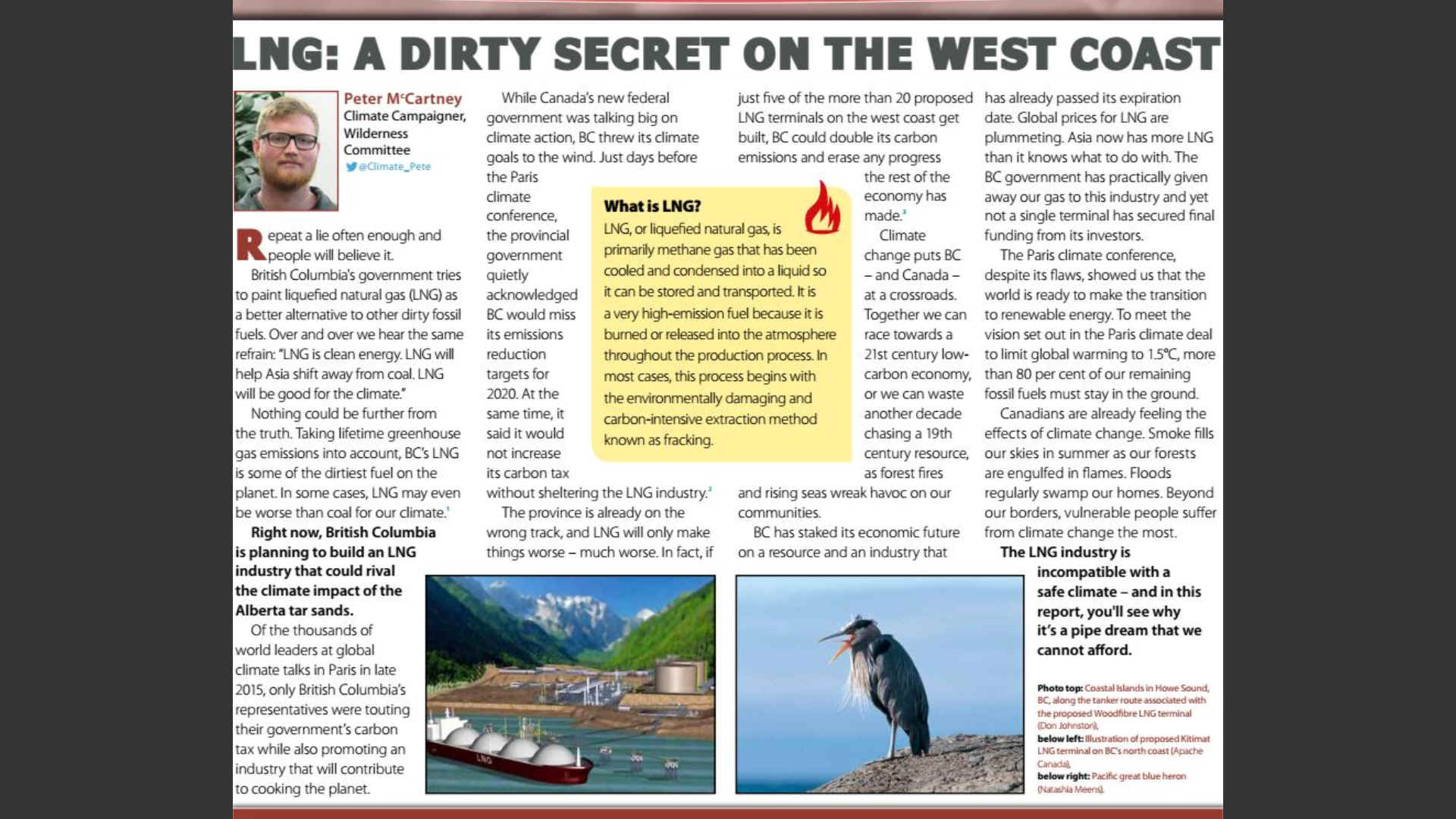
What
we need is zero carbon shipping, like the
Elizabeth
Swan or SeaVax
ocean cleaning workhorses that we hope will one day come to
fruition.
A variety of alternative propulsion systems have been proposed to help the industry reach the 2050 targets. One example is methanol. Green Maritime Methanol, a consortium of major Dutch maritime companies, is undertaking research on nine vessels. This is focused on the cost of implementation and use of methanol as fuel. The results will be compared with low-sulphur fuel. Singapore is also working on a project to operate a methanol-powered vessel within port limits by the end of 2019.
Other proposals include "green ammonia", solar,
battery technologies and
hydrogen
fuel
cells. However, these proposals are in various developmental
stages.
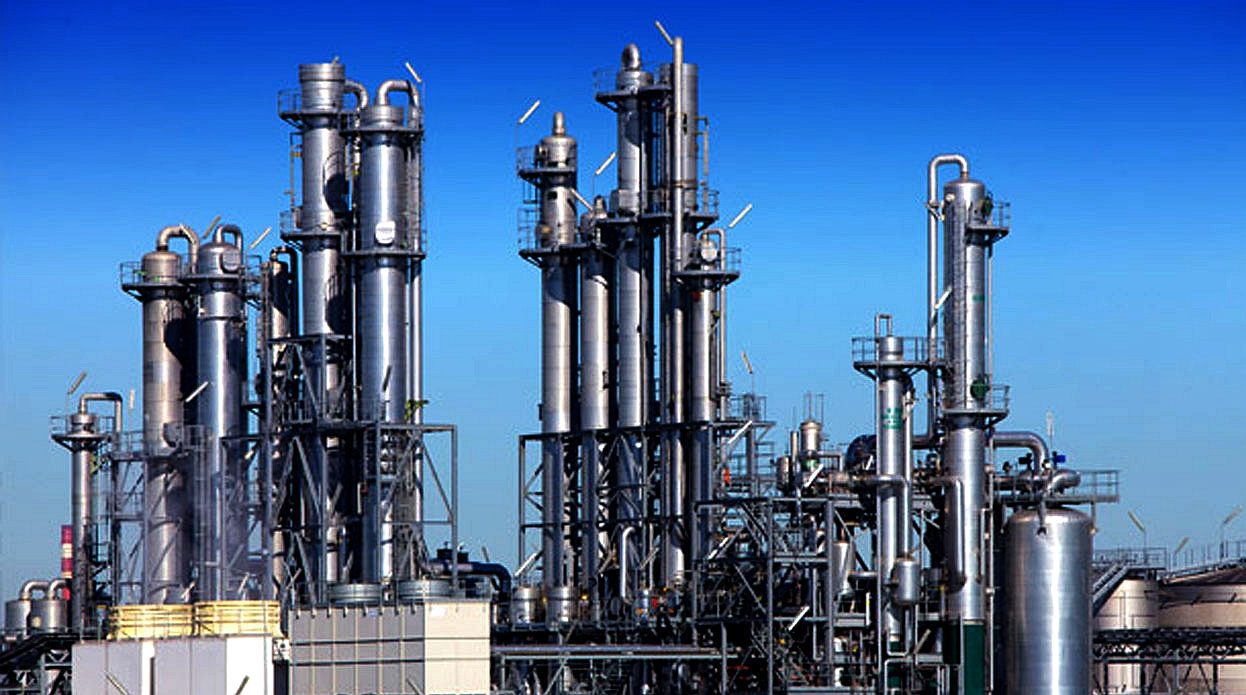
Fossil
fuels kick started our industrial revolution, powered steam
ships and generated electricity as we released the energy in
coal and later oil, to make things happen at a faster pace.
Cars and aircraft being an example of things we now take for
granted that pollute big time.
But
it was a brilliant time for engineers and town planners who
thought they could rely of this energy source without any
consequences. Because after all the world is a big place.
Surely humans could not alter the delicate ecological balance
of planet earth just by driving a few cars and lighting a few
home fires. Then came central heating.
Sh*#%
Sadly,
we can. We did and we still are, even though we now know how
dangerous our excesses are to other species - and we are also
set for extinction if we do nothing to swap
fossil fuels for
clean renewable energy
sources.
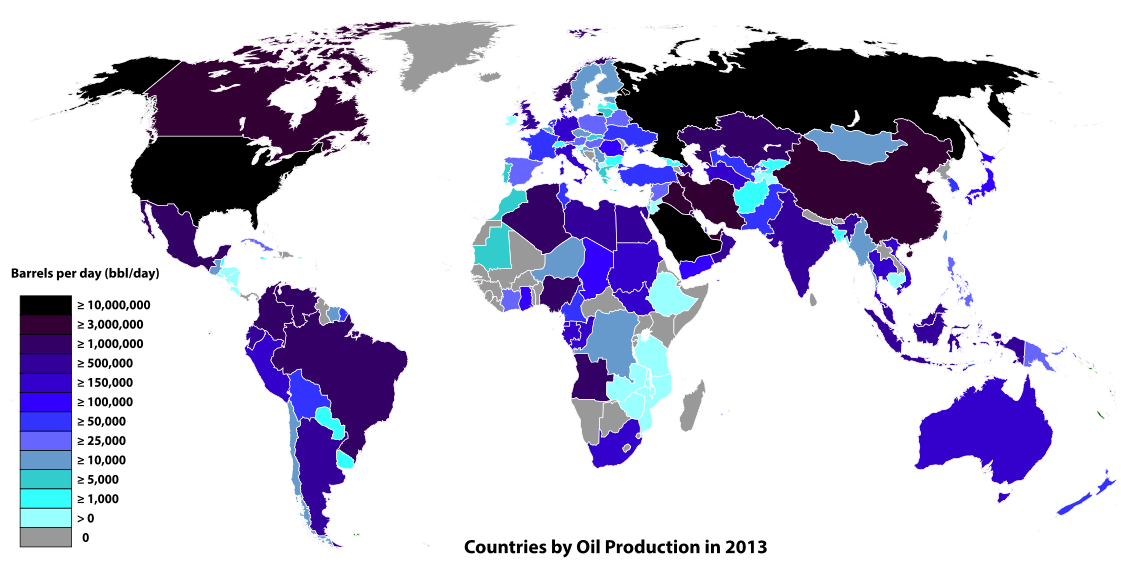
....
HIGH
END USER ADDICTION
By way of an example, the United States
has less than 5% of the world's population, but
uses more than 25% of the world's supply of fossil
fuels derived from oil. As the largest source of U.S. greenhouse gas emissions,
CO2 from
fossil fuel combustion, accounted for 80 percent of [its] weighted emissions in 1998. Combustion of fossil fuels also produces other air pollutants, such as
nitrogen
oxides, sulfur dioxide, volatile organic compounds and heavy metals.
The more developed a country in 2019, the harder it will be to
kick the fossil fuel habit. Going cold-turkey is not an
option. President
Donald Trump put one heck of a spanner in the works, but other G20
world leaders are sure to be considering ways of curing their
nation's addiction to oil, before they
overdose.
LINKS
& REFERENCE
https://www.hellenicshippingnews.com/making-shipping-cleaner-is-lng-the-answer/
https://www.hellenicshippingnews.com/making-shipping-cleaner-is-lng-the-answer/
https://business.un.org/en/entities/13;
http://www.ics-shipping.org/shipping-facts/shipping-and-world-trade
https://www.ashurst.com/en/news-and-insights/legal-updates/climate-change-alert---ship-sourced-emissions-make-landfall-in-australia/
https://lloydslist.maritimeintelligence.informa.com/LL1127301/How-to-decarbonise-shipping
http://www.imo.org/en/MediaCentre/HotTopics/GHG/Pages/default.aspx
https://lloydslist.maritimeintelligence.informa.com/LL1127687/The-Lloyds-List-Podcast-Sailing-on-solar
https://www.bbc.co.uk/sounds/play/w172wy9k864bh8w
http://www.imo.org/en/MediaCentre/HotTopics/GHG/Pages/default.aspx
http://www.imo.org/en/MediaCentre/PressBriefings/Pages/06GHGinitialstrategy.aspx
https://lloydslist.maritimeintelligence.informa.com/LL1127301/How-to-decarbonise-shipping;
https://lloydslist.maritimeintelligence.informa.com/LL1127333/The-Lloyds-List-Podcast-Time-for-shipping-to-engage-in-ocean-sustainability
https://lloydslist.maritimeintelligence.informa.com/LL1127744/Insurance-claims-over-2020-sulphur-cap-spike
https://lloydslist.maritimeintelligence.informa.com/LL1127643/Methanol-fuel-group--selects-nine--vessels-for-research?vid=Maritime
https://europe.edf.org/news/2019/02/05/shipping-can-reduce-climate-pollution-and-draw-investment-developing-countries
https://lloydslist.maritimeintelligence.informa.com/LL1127687/The-Lloyds-List-Podcast-Sailing-on-solar
https://lloydslist.maritimeintelligence.informa.com/LL1127301/How-to-decarbonise-shipping
https://lloydslist.maritimeintelligence.informa.com/LL1127563/HapagLloyds-complex-conversion-to-LNG
https://www.lngworldnews.com/searoads-lng-powered-roro-ferry-launched/
http://www.seatrade-maritime.com/news/europe/lng-the-marine-fuel-of-the-near-future.html/
http://www.seatrade-maritime.com/news/europe/lng-the-marine-fuel-of-the-near-future.html
https://www.portofrotterdam.com/en/news-and-press-releases/bunker-figures-2018-less-fuel-oil-much-more-lng-and-timetobunker-app
https://lloydslist.maritimeintelligence.informa.com/LL1127867/UKs-upcoming-2050-net-zero-emission-law-leaves-shipping-untouched--for-now
https://lloydslist.maritimeintelligence.informa.com/LL1127301/How-to-decarbonise-shipping
https://www.lngworldnews.com/minister-shell-pavilion-to-start-singapore-lng-supplies-later-this-year/
https://business.un.org/en/entities/13;
http://www.ics-shipping.org/shipping-facts/shipping-and-world-trade
https://www.ashurst.com/en/news-and-insights/legal-updates/climate-change-alert---ship-sourced-emissions-make-landfall-in-australia/
https://lloydslist.maritimeintelligence.informa.com/LL1127301/How-to-decarbonise-shipping
http://www.imo.org/en/MediaCentre/HotTopics/GHG/Pages/default.aspx
https://lloydslist.maritimeintelligence.informa.com/LL1127687/The-Lloyds-List-Podcast-Sailing-on-solar
https://www.bbc.co.uk/sounds/play/w172wy9k864bh8w
http://www.imo.org/en/MediaCentre/HotTopics/GHG/Pages/default.aspx
http://www.imo.org/en/MediaCentre/PressBriefings/Pages/06GHGinitialstrategy.aspx
https://lloydslist.maritimeintelligence.informa.com/LL1127301/How-to-decarbonise-shipping;
https://lloydslist.maritimeintelligence.informa.com/LL1127333/The-Lloyds-List-Podcast-Time-for-shipping-to-engage-in-ocean-sustainability
https://lloydslist.maritimeintelligence.informa.com/LL1127744/Insurance-claims-over-2020-sulphur-cap-spike
https://lloydslist.maritimeintelligence.informa.com/LL1127643/Methanol-fuel-group--selects-nine--vessels-for-research?vid=Maritime
https://europe.edf.org/news/2019/02/05/shipping-can-reduce-climate-pollution-and-draw-investment-developing-countries
https://lloydslist.maritimeintelligence.informa.com/LL1127687/The-Lloyds-List-Podcast-Sailing-on-solar
https://lloydslist.maritimeintelligence.informa.com/LL1127301/How-to-decarbonise-shipping
https://lloydslist.maritimeintelligence.informa.com/LL1127563/HapagLloyds-complex-conversion-to-LNG
https://www.lngworldnews.com/searoads-lng-powered-roro-ferry-launched/
http://www.seatrade-maritime.com/news/europe/lng-the-marine-fuel-of-the-near-future.html/
http://www.seatrade-maritime.com/news/europe/lng-the-marine-fuel-of-the-near-future.html
https://www.portofrotterdam.com/en/news-and-press-releases/bunker-figures-2018-less-fuel-oil-much-more-lng-and-timetobunker-app
https://lloydslist.maritimeintelligence.informa.com/LL1127867/UKs-upcoming-2050-net-zero-emission-law-leaves-shipping-untouched--for-now
https://lloydslist.maritimeintelligence.informa.com/LL1127301/How-to-decarbonise-shipping
https://www.lngworldnews.com/minister-shell-pavilion-to-start-singapore-lng-supplies-later-this-year/
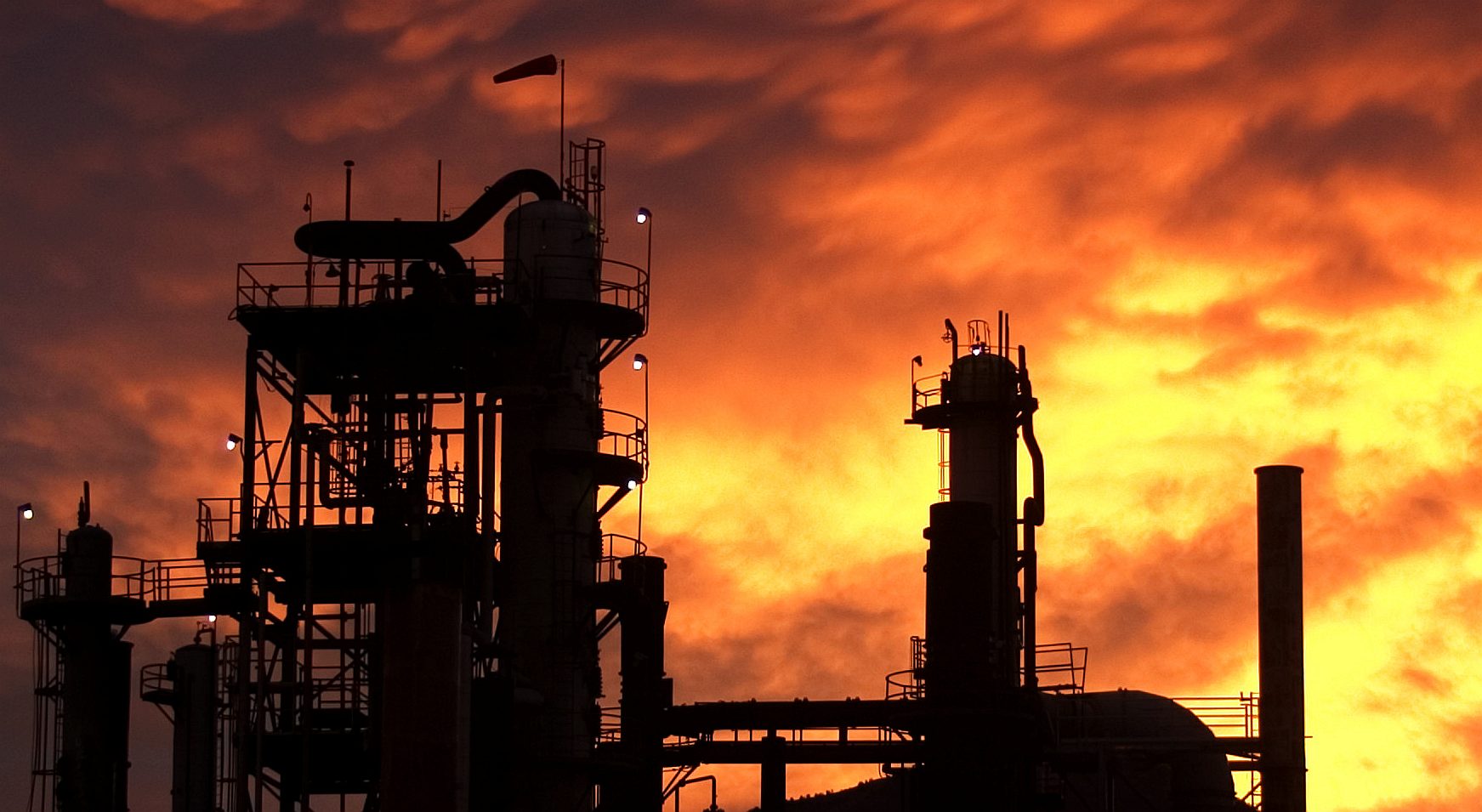
This
website is provided on a free basis as a public information service.
copyright © Climate Change Trust 2021. Solar
Studios, BN271RF, United Kingdom.
|





